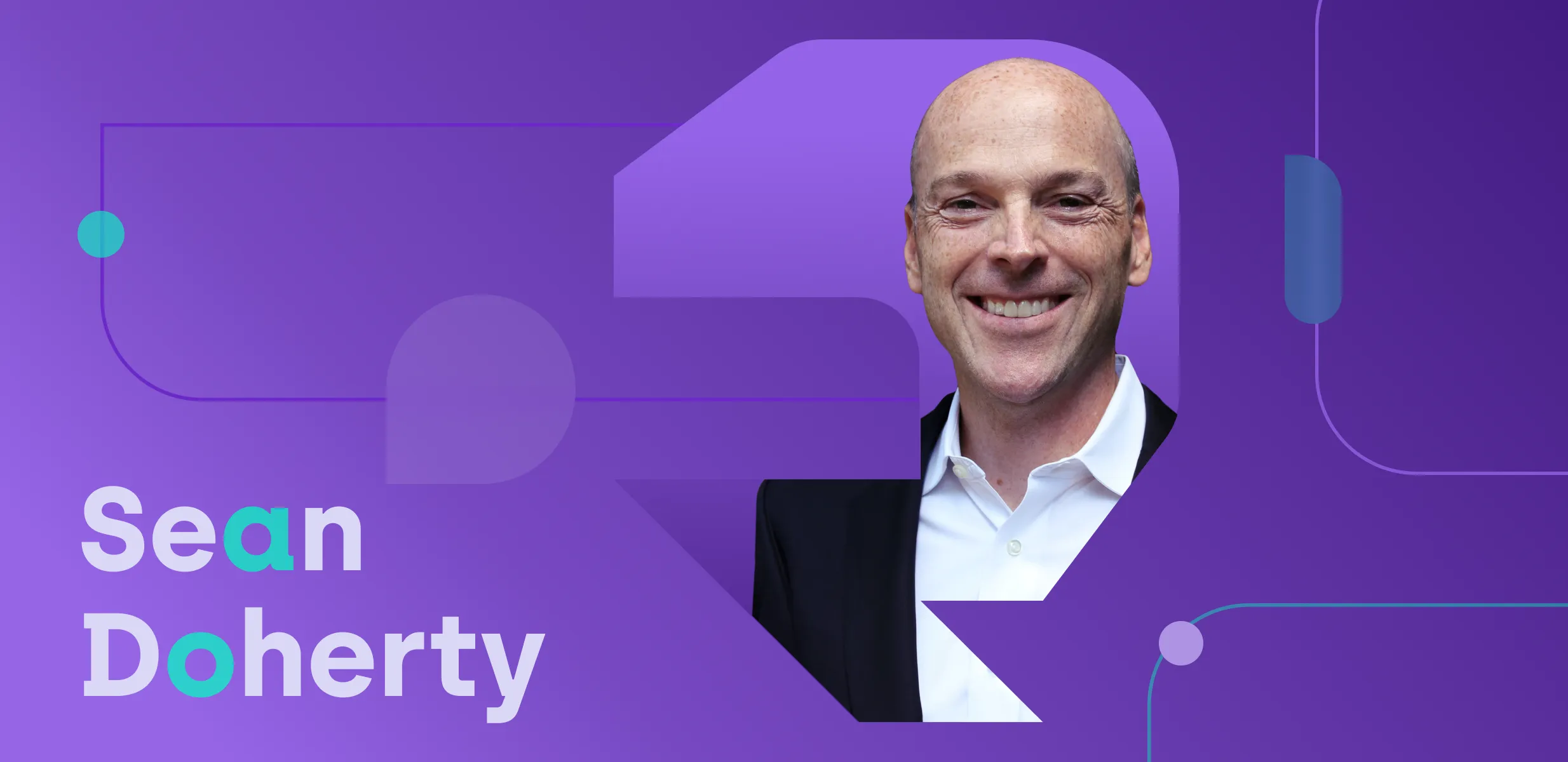
Why healthcare modernization's big moment may have arrived

Modernization in healthcare has been incremental over the preceding years and frequently haphazard rather than part of an integrated, deliberate, and ongoing effort. That said, an event of the magnitude of the ongoing global pandemic has rapidly reshaped the meaning of modernization and the need for digital solutions (Gartner).
Recent interviews of industry experts have highlighted (McKinsey) that attitudes among businesses, service providers, and consumers in healthcare are now shifting. This has prompted developers of health ecosystems to revisit their plans and reassess the need to develop more integrated, functional, and convenient systems. Now, as the limits of healthcare are pushed, the time seems ripe for a more concerted effort to modernize and set a new tone in digital healthcare.
This blog post will present you with the main takeaways of what the big thought leaders such as McKinsey and Deloitte have to say about the need for modernization in healthcare and the development of healthcare ecosystems. These findings are based on their research among service providers, consumers and healthcare ecosystem developers. They are based on 3 key questions:
- Why and when do industry players decide to provide digital healthcare solutions?
- Which types of healthcare solutions should be developed?
- How to best approach the implementation of such solutions?
Here’s what you can expect to see in digital healthcare over the years to come!
Drivers of digital healthcare solutions development
It is no surprise that the need and relevance to develop digital healthcare solutions have increased significantly since the start of the COVID-19 pandemic. Such solutions are highly relevant to many businesses to answer the increased demand due to disruptions in more traditional healthcare channels.
The main goal of developing such solutions, according to McKinsey respondents, is to improve well-being and health outcomes. These issues have become primary given the impact of the pandemic on societies across the globe. Of course, concerns about keeping up with competition and retaining customers were also mentioned as reasons for investing in ecosystem development.
The interesting finding, though, is that many businesses see the integrated care journey, rather than single services, as increasingly important to patients. Another prominent belief that popped out from the research is that a healthcare ecosystem will have a significant economic impact on society and that it is critical to offer a ready-built ecosystem to customers.
Some of Deloitte’s previous findings confirm this. Their research showed that one of the key drivers of healthcare modernization was a growing demand by consumers for a more integrated care journey, rather than just specific care outcomes. Yet, while end-to-end journeys are of importance to consumers, there are other success factors for digital healthcare solutions that are also key.
Such as market agility and interoperability, and the possibility to harness the vast amounts of data available yet frequently out of reach. Data liquidity - i.e. the ability to access, integrate, and work with various data sets - is expected to hold the key to greater innovation and coordinated care (McKinsey). In other words, as the infrastructure layer develops (Stout), interoperability increases, and data becomes more available, it is expected that a greater value will be created for both solution providers and users.
Priorities in healthcare solution development
While many believe that end-to-end solutions are a priority to customers, convenience, trust, and an impact on the final outcome are also key. Convenience, for example is seen as the most critical factor that retains customers in the long run, regardless of whether the journey is integrated or the solution is a “super app”.
A string-of-pearls approach, i.e., developing different apps for different areas of healthcare, is a preferred approach, according to McKinsey’s respondents. The rationale behind is in part dictated by the complexity involved in creating a single solution but also by data security considerations and requirements, as mandated by regulations such as GDPR.
Finally, in terms of priorities, the survey showed that the most desired patient journey to be developed is telemedicine-online pharmacy via an e-prescription system. A symptoms checker - telemedicine route was also considered interesting.
Routes to development and modernization
The key factors in achieving successful modernization according to both Deloitte and McKinsey’s research are 2 - setting a clear strategic direction and shifting the cultural mindset. We would add that picking the right set of partners to collaborate with is also an important factor in achieving success.
Most respondents thought big-tech, healthcare providers, and startups to be the top three drivers of digital healthcare solution development. Interestingly, the government was rather seen to play an important role solely for removing the roadblocks to development. However, global government IT spending in 2022 is predicted to reach a total of $557.3 billion, a 6.5% increase vs. last year according to Gartner. Coupled with insistent calls by healthcare organizations, such as the American Hospital Association (AHA) in the US, we expect to see the government play a more central role in modernizing healthcare digital and data infrastructure. Afterall, governments’ role in driving modernization and ecosystem development may end up being more than simply that of removing roadblocks. Whether this will be the case remains to be seen.
Finding opportunities for development with Resolute Software
The pressures generated by the ongoing pandemic and its economic repercussions have opened up a space of opportunities for technology companies, healthcare providers, and many others, to move in the direction of more significant modernization. Making use of these opportunities can help fulfill the goals of improving health outcomes and services for consumers and gaining competitive advantages beyond the current situation.
Shifting gears and prioritizing modernization may seem daunting, but it does not need to be one. We at Resolute Software have extensive experience helping organizations and companies in healthcare develop modern and future-proof solutions.
Are you looking for a partner to help you assess your needs and develop and execute a modernization plan? Get in touch with us, and let’s see how we can help you!






